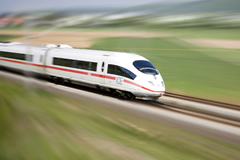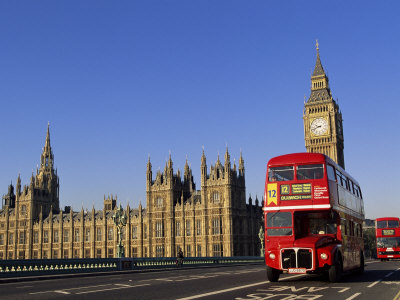When Westminster politicians and mandarins met their Scottish counterparts back in 2012 to negotiate the terms of the referendum for independence, they believed that they had delivered a crucial blow to the devolution bandwagon by refusing to allow the Nationalists the opportunity to have an additional option on the polling slip that, basically, offered voters extra devolved powers within the union.
The thinking was that a majority of Scots would jump at the chance of more power for a Scottish Parliament that was still within the structure of UK governance arrangements, but they would run a mile from the notion of abandoning a 300 year union that, let’s face it, has been the principle reason for Scotland not becoming some sort of third world banana republic!
As if those north of the border would be daft enough to go for full blown separation given the enormous economic damage it would cause to their nation; why give them an easy third option that would offer Alex Salmond & co everything they wanted with the continued safety net of the United Kingdom?
Of course it is easy in hindsight to suggest that this was an arrogance too far, and that the third option, which is ironically now being offered in the form of ‘Devo Max’ as Westminster politicians scramble to recover lost ground in the final days of the referendum campaign, should have been accepted and put on the ballot paper. But in actual fact at the time the negotiation team was applauded for its strength and tactical genius in putting the Nationalists in their box. Few, if any, political commentators believed that the people of Scotland would vote for a divorce from the UK.
Of course what nobody could factor in back than was the absolutely shambolic nature of the ‘better together’ campaign that was to follow.
Putting the super bright but charisma- lite Alistair Darling in charge of the ‘No’ campaign was a stroke of lunacy that must have had Nationalists rubbing their hands with glee. Darling, in fairness, has had poor material to work with. The negativity of the messages from Better Together has turned people off massively; at best being seen as ‘same old politics’ at worse bullying.
By comparison the ‘Yes’ campaign have been consistent in simple messaging, time for a change, get the government you vote for, you can’t trust Westminster; and this has been articulated by a charismatic leader.
This has led to an incredible turnaround in opinion and latest polls show that the race is now too close to call. The Sunday Times poll last week gave ‘Yes’ a 2 point lead that has sent shockwaves through the corridors of political, establishment and financial powerhouses across the UK.
Salmond has secured the ‘big mo’ just at the right time, and the Nationalists can smell an unlikely victory.
Belatedly ‘No’ have woken up to the fact that it is in a genuine contest that it may lose. The big gun that is Gordon Brown, still a popular figure in Scotland, has been rolled out with the alternative proposals that, had they been included in the referendum poll in the first place, would have enabled us to avoid all this drama.
Despite the mistakes, the poor leadership, the lack of clarity and vision, I still think that the Union will prevail. The uncertainties that exist about an Independent Scotland; the unknown economic impact; a new nations place in the world…and of course the guarantee of ‘Devo Max’.
When people go into the polling booth next week the majority of them will, in my opinion, vote NO. I wouldn’t put money on it though.






